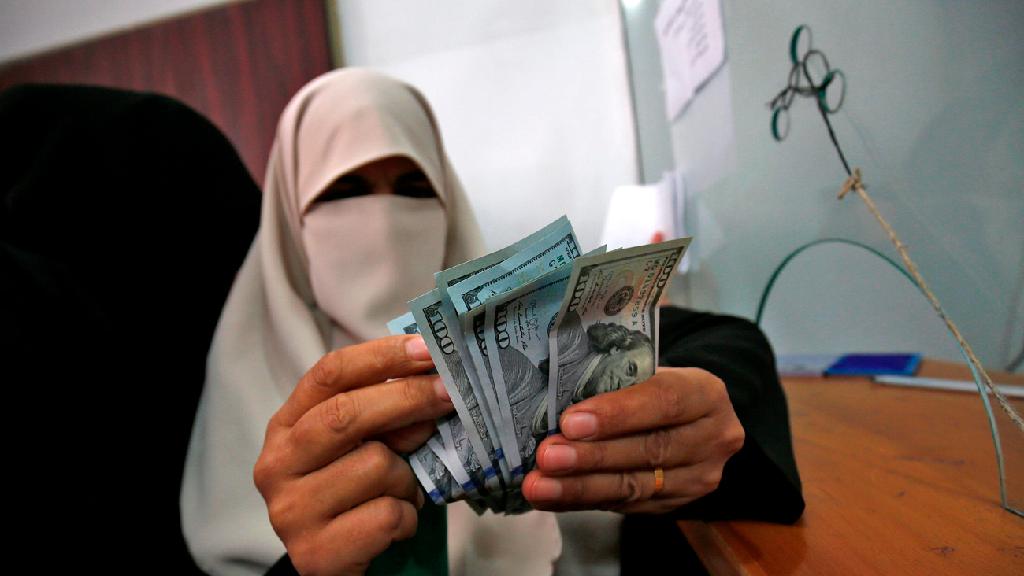On Tuesday, peace agreements were to be signed in Washington between Israel and two important Arab states, which is a cause for celebrations.
These peace deals reflect a shift in the Arab world's mindset, manifesting itself despite Palestinian outrage.
7 View gallery
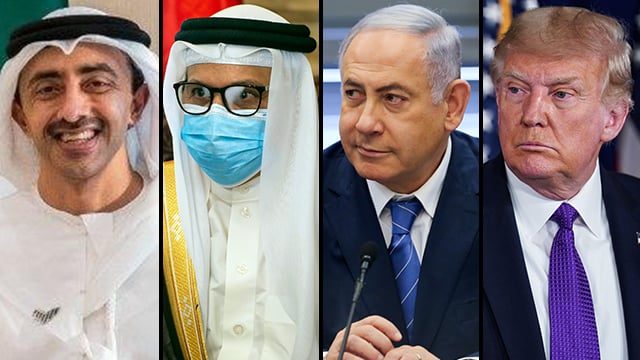

The leaders of the UAE, Bahrain Israel and the U.S.
(Photo: Alex Kolomoisky, Reuters, EPA )
The reactions across the Arab world ranged from support of the historic event to indifference. But there are no protests on their streets, meaning the image of Israel has started to shift from a perceived monster to an integral partner for a new, hopeful future.
There is still no love story emerging between the nations, but there is far less hate.
The Arab League has for decades automatically supported the Palestinians on every issue, often to the detriment of the Palestinian cause.
7 View gallery
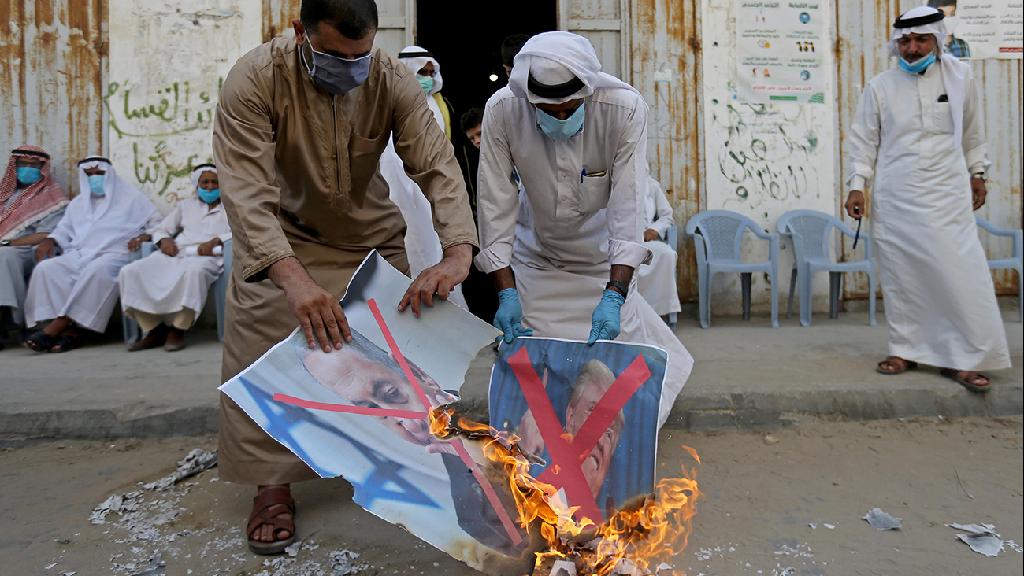

Palestinians burn images of Netanyahu and Trump in protest over peace deals with UAE, Bahrain
(Photo: Reuters)
In 1959, the Arab League passed Resolution 1547, stating that Palestinians would be denied citizenship in other Arab countries, so as to prevent their assimilation into their host societies. The move only served to prolong Palestinian suffering and to solidify the Arab world's discrimination against them.
Only Jordan deviated from this resolution, and its Palestinian citizenry have fared better than in any other Arab country.
In 2002, during an Arab League meeting in Beirut, Saudi Arabia presented a peace plan to end the Israeli-Palestinian conflict. The plan conditioned the normalization of relations with Israel on the full withdrawal of Israeli forces from the West Bank, East Jerusalem and the Gaza Strip, and the Jewish state's recognition of an independent Palestinian state.
The Palestinian delegation, backed by then Lebanese President Émile Lahoud, threatened to walk out of the meeting unless certain changes were made to the proposal.
They demanded that U.N. Resolution 194 be included in the Saudi's plan. The resolution – according to its Arab interpretation - specifies that Palestinians, as descendants of refugees, must maintain the "right of return" to their ancestral homes.
The other change the Palestinian delegation demanded was to reinforce the laws banning Palestinians from obtaining citizenship in their host Arab countries.
7 View gallery
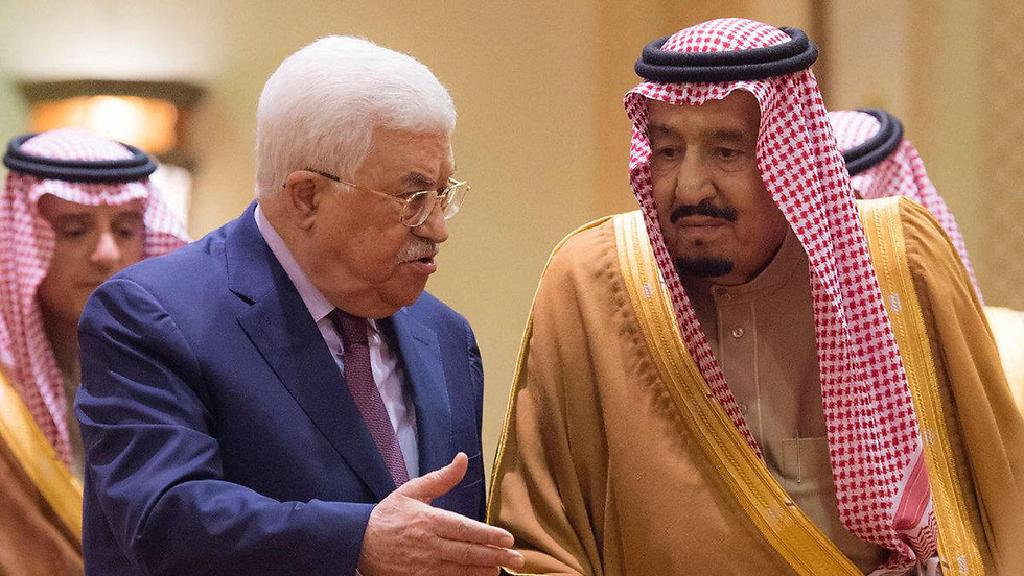

Palestinian President Abbas with Saudi King Salman during a visit to Riyadh in 2017
(Photo: AP)
Although then-Prime Minister Ariel Sharon would not have accepted the Saudi plan either way, it was changed nonetheless, rendering the deal unacceptable to Israel because it would have ultimately led to its destruction. So, was that helpful to the Palestinians? Of course not.
But change was afoot. Lebanon fell to the influence of Iran and its proxy, Hezbollah rendering it an irrelevant member among Arab nations.
Iraq, under its predominately Shi'ite leadership has been trying to shake off Iran's hold over it, having realized how toxic the Islamic Republic's influence can be.
Ramallah observes the changes in the region but still prefers to align itself with Iran as well as Turkey, that is now a strategic foe of the Sunni nations because of its support for the Muslim Brotherhood movement.
During the Arab League meeting in Cairo last week, Palestinians asked for a condemnation of the UAE's pending normalization agreement with Israel (without realizing that Bahrain was about to follow), just like they asked for a similar condemnation of Egypt after the country signed a peace treaty with the Jewish state in 1979.
7 View gallery
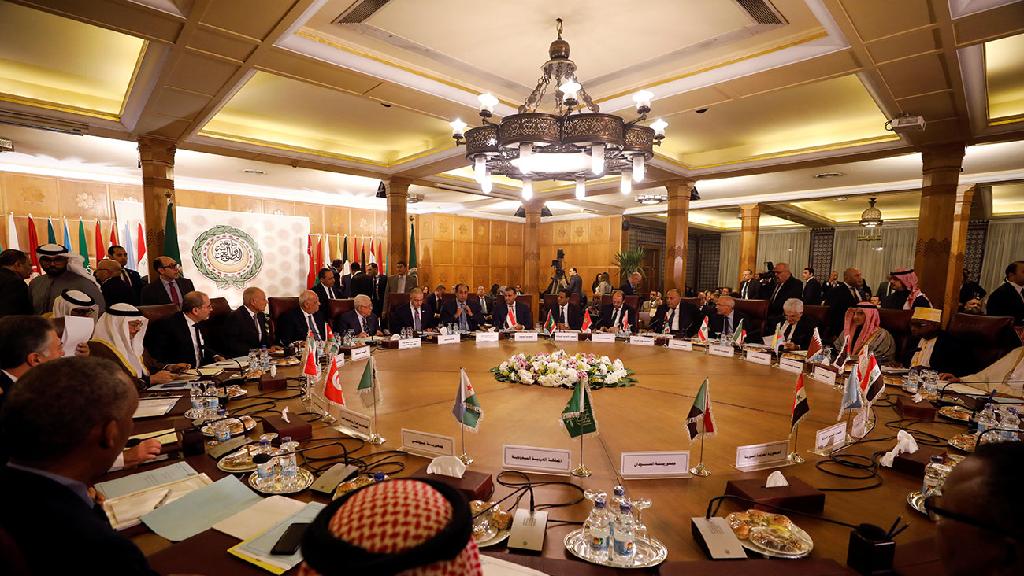

Arab League Emergency meeting in Cairo to discuss the Israel UAE deal
(Photo: Reuters)
Back in 1979, members of the Arab League complied with the Palestinian request and even recommended a suspension of diplomatic relations with the largest Arab country and moved its offices out of Cairo. This time, in an unprecedented move, the Arab League rejected the Palestinian demand.
Furthermore, Egypt now hails both Bahrain and the UAE for their decisions to establish open ties with Israel.
Israelis should thank both Turkey and Iran for their efforts to increase their hegemony over the Middle East for the rest of the Arab world's willingness to openly work with Israel.
Iran is actively involved in wars in Yemen, and conflicts in Iraq, Syria and Lebanon, while Turkey promotes the ideology of the Muslim Brotherhood, which is a threat to regimes in the region.
7 View gallery
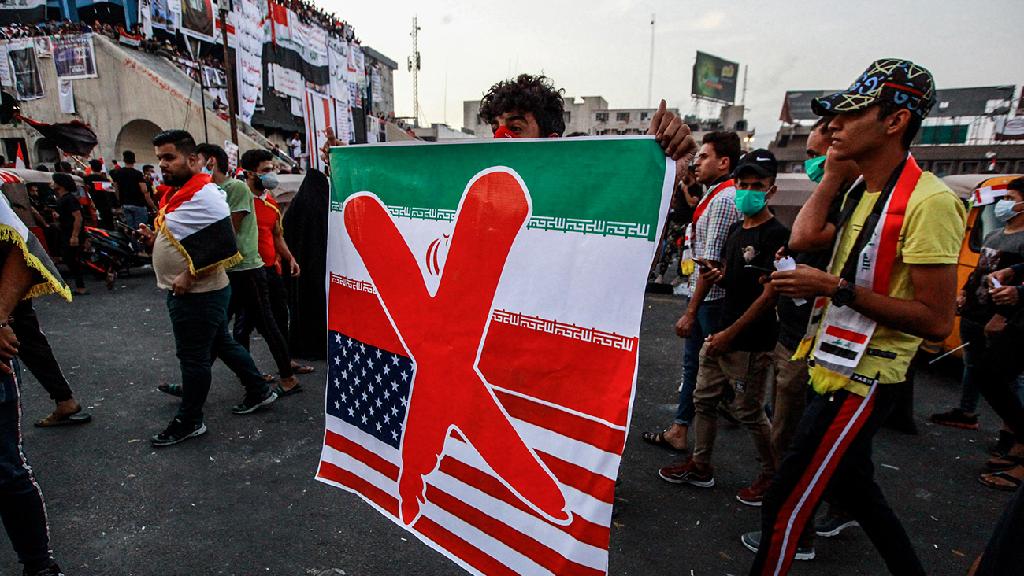

Iraqi protesters demonstrating against Iranian influence in their country
(Photo: MCT)
Both countries look as though they are on the verge of starting a war any minute now with their erratic policies, while Israel appears as the powerful, stable force in the region that others want in the coalition to keep Iran and Turkeys at bay.
The Gulf states' agreements with Israel are a recognition of joint interests but perhaps also a shift away from old paradigms.
The Gaza Strip's rulers Hamas - an extension of the Muslim Brothers - are also supported by Iran and Turkey, as well as Qatar. The terror group is a political manifestation of all the Sunni Arabs fear, and by aligning himself more and more with the organization, Palestinian President Mahmoud Abbas is critically damaging the decades-long support of nations he had come to rely on.
But the peace agreements and the support given to them in the Arab media will not transform the Mideast into a liberal paradise overnight. Years-long anti-Israeli and anti-Semitic rhetoric cannot be wiped away by short-term interests.
Still, while Israelis have already been able to openly visit many Arab cities, and while the thawing of relations continues to move forward, Palestinians insists on falling behind.



